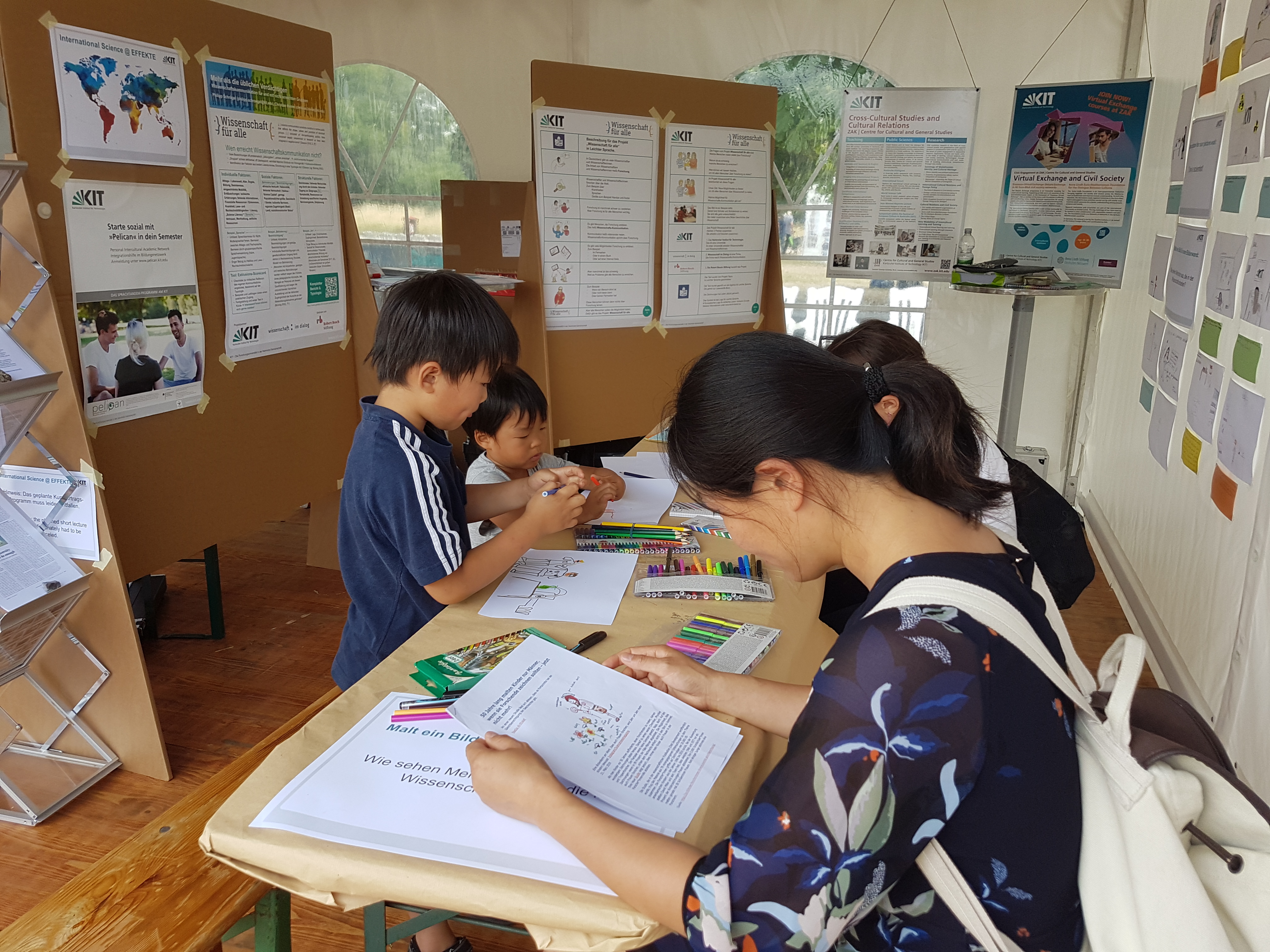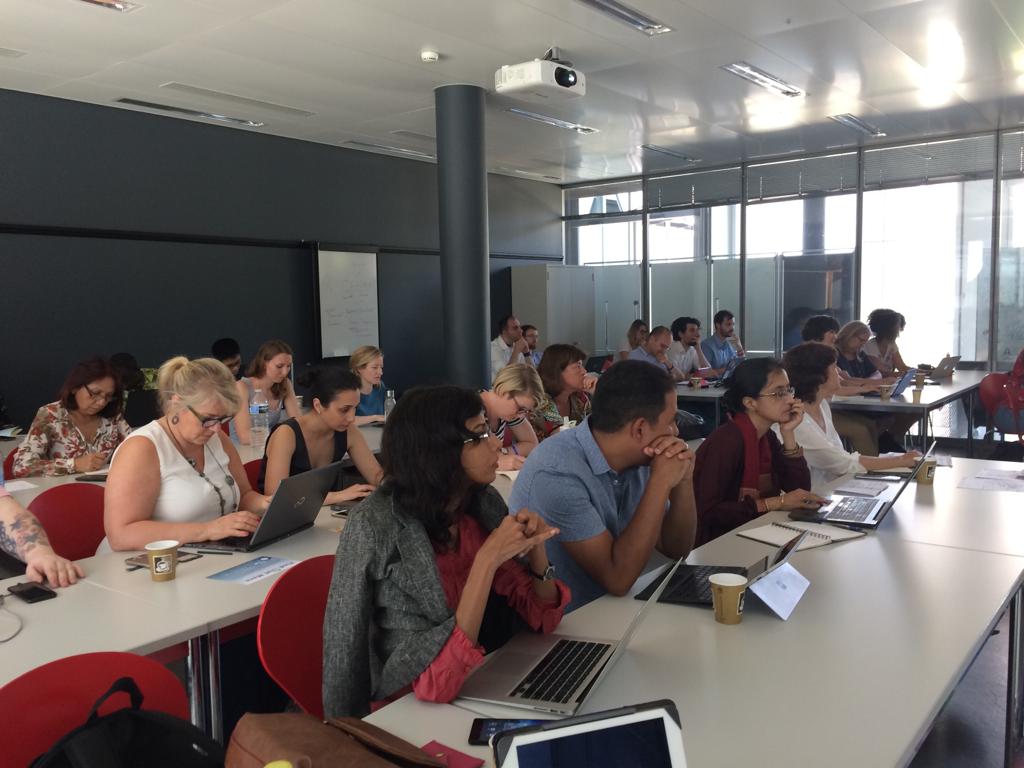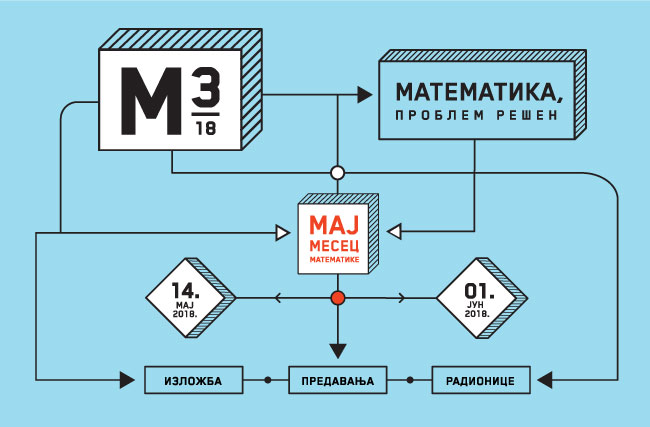The NUCLEUS Annual Conference in Hannover, October 5-6, 2017, will present a challenging panel discussion with some of the most interesting currently runnig RRI projects! Find our more about our panelists and the projects they represent!

RRI Practice
The RRI-Practice project seeks to i) harvest experiences on how research conducting and research funding/policy organisations work to strengthen RRI related values, ii) support the systematic development of such work in these organisations, and iii) generate scalable knowledge about effective practices for the wider implementation of RRI.
The project’s analytical approach to RRI includes both the European Commission RRI keys – ethics, societal engagement, gender equality, open access/science and science education – and process dimensions that are often regarded as central to RRI: diversity and inclusiveness, anticipation and reflexivity, openness and transparency, and responsiveness and adaptation.
RRI-Practice takes as its starting point that organisational policies on socially responsible research practices cannot be implemented simply in a top down fashion. In order for organisations to have ownership of any RRI concept, they need to be able to relate it to their own mandates, cultures and worldviews. In this project, we will use perspectives from organisational theory to clarify the challenges and identify the necessary conditions for RRI to be successful.
Ellen-Marie Forsberg
Ellen-Marie Forsberg is a research professor, leader of the Research Group on Responsible Innovation and Head of Research at the Work Research Institute at Oslo and Akershus University College. With a background in philosophy and applied ethics, her main research interests include the ethics and governance of emerging technologies, food and animal ethics, and research ethics. Forsberg coordinates the H2020 RRI-Practice project, leads an international research and development project on responsible assisted living technologies, and has previously coordinated the FP7 Science-in-Society project EST-Frame.
Fit4RRI
FIT4RRI moves from the assumption that there is a serious gap between the potential role Responsible Research and Innovation (RRI) and Open Science (OS) could play in helping Research Funding and Performing Organisations (RFPOs) to manage the rapid transformation processes affecting science. FIT4RRI is precisely intended to contribute in bridging this gap, promoting viable strategies to activate institutional changes in RFPOs. The project, in particular, will act on two key factors: i) Enhancing competences and skills related to RRI and OS through an improvement of the RRI and OS training offer (in terms of training tools, actions and strategies) presently available; ii) Institutionally embedding RRI/OS practices and approaches by promoting the diffusion of more advanced governance settings able to create an enabling environment for RRI and OS. With this double aim i, FIT4RRI is organised following an overall methodology based on three main steps: an analytical strand devoted to understand what is happening in the RRI and OS practice; a testing strand aimed at figuring out possible solutions in terms of training approaches and governance settings; and a proactive strand, promoting changes at training and governance level.
Andrea Riccio
Andrea is head of Sapienza Research Observatory, she works in the evaluation of research products as well as in the writing and management of European proposal, especially H2020, with a focus on RRI – Responsible Research and Innovation, ICT and SSH. She is responsible for the project Erasmus Plus USRNET aimed at creating a network of socially responsible universities, and she is the coordinator of FIT4RRI H2020 project focused on institutional change through RRI and OS in research organisations. She is among the selected EC experts for SWAFS call and member of a Technical Commission headed by AIRI and CNR to develop RRI policies in Italy.
ORION
The ORION (Open Responsible research and Innovation to further Outstanding kNowledge) project focuses on “embedding” Open Science and Responsible Research and Innovation (RRI) principles in Research Performing and Funding Organizations (RPFO) by promoting institutional and cultural changes. This will be achieved by performing “co-creation” experiments with the different RRI stakeholders. We will carry out co-creation experiments in three key challenge areas: 1) Opening up the research engine – making RFPOs more permeable to receiving input from numerous, distinct stakeholders; 2) Identifying risks and opportunities presented by disruptive technologies; 3) Running multi-stakeholder projects based on citizen science. We will also produce new training material to enrich the current collections (RRI-Tools and FOSTER). The consortium will count on the participation of RPFOs from different countries as well as representative of RRI stakeholders and experts in social sciences.
Martin Bergman
Martin Bergman is a researcher at Vetenskap & Allmänhet, VA (Public & Science) in Stockholm, Sweden. Working with various studies, such as the VA barometer and the annual SOM survey, he is also active in the Horizon 2020 projects ORION and SciShops, where his main contributions are baseline research, benchmarking and public surveys.
From 2016 to 2017 he has worked as a consultant for Technopolis Group in Stockholm, being responsible for program evaluations; higher education related policy studies; research policy studies; organizational change in higher education. He has worked as a researcher at Lund University, Sweden, and Arizona State University in Tempe, Australia, focusing on academic research on the behavior and ecology of insects.


